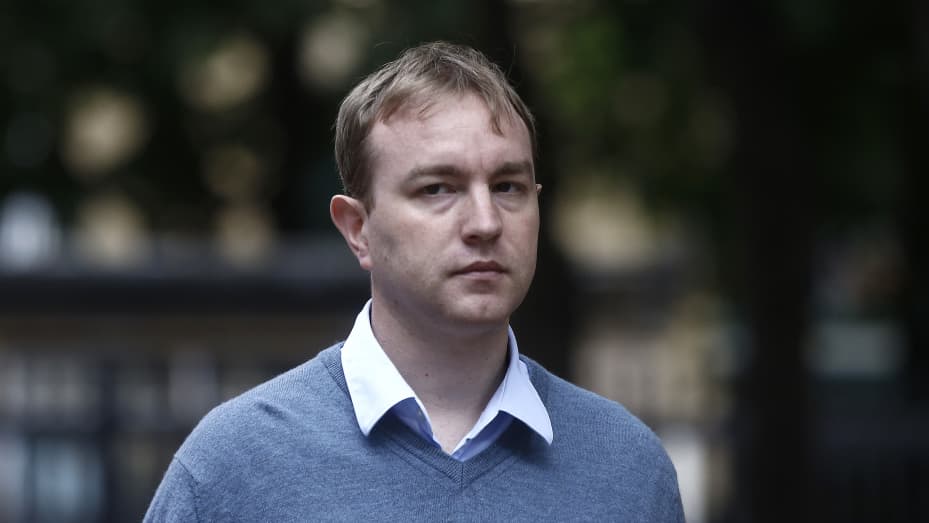UK Libor Trader Hayes Fails to Overturn Rate-Rigging Conviction on Appeal- Tom Hayes, a former star trader for Citigroup and UBS, has failed to overturn his conviction for rate-rigging on appeal. Hayes, along with Carlo Palombo, a former Barclays trader, had their appeals against their convictions dismissed by the Court of Appeal.
Their convictions were based on whether they acted dishonestly by manipulating the London Interbank Offered Rate (Libor) and Euribor, or if their actions were considered normal practice at the time.

Key Facts
- The Court of Appeal upheld Hayes’s conviction, ruling that the manipulation of Libor rates was illegal and that taking commercial interests into account when submitting rates was not permissible.
- Despite the dismissal of his appeal, Hayes has indicated a willingness to pursue further legal action, including an appeal to the Supreme Court, highlighting the ongoing legal battle over the conviction.
- The case has had significant implications for the financial industry, particularly regarding the integrity of benchmark rates like Libor and the potential for manipulation by traders.
Hayes was initially sentenced to 14 years in prison, which was later reduced to 11 years. Palombo was jailed for four years. The convictions were based on evidence showing that Hayes had tried to manipulate Libor rates to benefit his own trades, with prosecutors describing him as the “ringmaster” of a global network of traders and brokers who attempted to manipulate Libor on an industrial scale.

Hayes’ legal team argued that the US decision to overturn the convictions of two former Deutsche Bank traders for Libor rigging should be followed, asserting that the US government had failed to provide evidence that the traders had said anything false or broken any rules. However, Lord Justice Bean, who delivered the ruling, stated that the US decision “did not cast doubt on the correctness of the previous decisions of this court as a matter of English law”.
The Court of Appeal dismissed the appeals, and Hayes and Palombo were given 14 days to apply for permission to appeal to the Supreme Court. Hayes has always maintained that the Libor rates he requested fell within a permissible range and that his conduct was common at the time and condoned by bosses.
UK Libor trader Hayes loses appeal against rate-rigging conviction https://t.co/P692kN33is pic.twitter.com/HwYKrO4l6H
— Reuters (@Reuters) March 27, 2024
The appeal dismissal marks a significant setback for Hayes, who has been fighting to overturn his conviction for nearly a decade. Despite the appeal’s failure, Hayes described the decision as a “shock” and vowed to take his case to the UK’s highest court, stating, “I’m a fighter, not a quitter. We haven’t given up”.
The case highlights the ongoing legal battles surrounding the Libor and Euribor rate-rigging scandals, which have had far-reaching implications for the financial industry and the regulatory landscape. The convictions and subsequent appeals have drawn attention to the ethical and legal questions surrounding the practices of financial institutions and the individuals involved in manipulating key interest rates.
Also Read: Dan Cruickshank Illness And Health Condition: Is He Sick? Find Out Here!

